- Author Matthew Elmers elmers@military-review.com.
- Public 2023-12-16 21:49.
- Last modified 2025-01-24 09:17.

“For me, there are no parties or interests other than the interests of the state, and with my character it is hard for me to see that things are going at random and that the reason for this is negligence and personal views. I would rather be hated for a right cause than loved for a wrong cause."
(Paul I)
Unrecognized by history. Having waited too long for power, impatient since childhood, the new emperor was now in a hurry to rule. Beloved Gatchina will receive the status of an imperial residence - now there is the capital of the Leningrad region. The Gatchina troops will be incorporated into the Russian guard. The new tsar, I must say, will first “play pranks” a little - he will bury his mother together with his father, Peter III, having previously crowned his father's ashes. And on the day of Paul's coronation in Moscow, April 5, 1797, the Act of Succession, written by him during the years of the Gatchina isolation, will be published - a document that scrupulously ordered his accession to the throne in Russia. This document, with subsequent additions, will retain its provisions until the end of the empire and will be violated only twice, not at all through the fault of its creator: in 1825, when Constantine renounced the throne, but did not send a written certificate of this; and in 1917, when the not-far-off last tsar, out of whom some are trying to mold a bearded cherub, with millions of killed soldiers himself will lead the country to revolution …
After Paul's accession to the throne, "many interesting things" happened in the country. During his short reign, the emperor will make too many decrees concerning all aspects of the life of Russian society. It will ease the situation of the peasants. The nobles will be unhappy, and subsequently, as literate people, they will write a series of memoirs, often depicting the king in black. Many of Pavel Petrovich's decrees will really look ridiculous - about painting houses, about wearing certain clothes, about clapping hands at theatrical performances, etc.
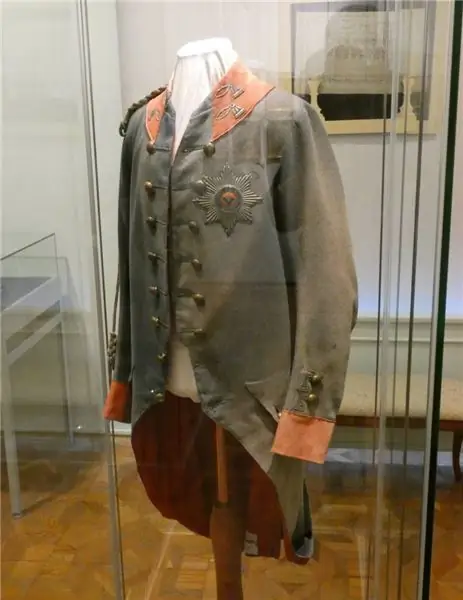
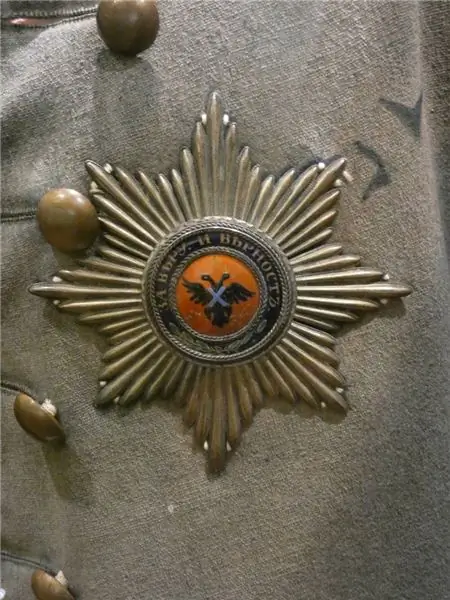
Paul will force the Guard to "serve", and the daily parades will incite hatred among the noble officers. The officers stood guard, keeping a sum of money with them - it was possible to run into the petty anger of the sovereign and go straight from the service to the guardhouse. But at the same time, the soldiers were often pleased with the king. The emperor generously distributes money and meat to the Transfiguration people! Horse Guards, too, had no cause for unrest … Buckles and scythes, halberds for sergeants and espontons for chief officers, modeled on the obedient soldiers of Frederick II, whom Pavel personally saw, will indeed become unnecessary innovations in the army. The reform of the army of Paul I deserves a separate article, very far from history textbooks!
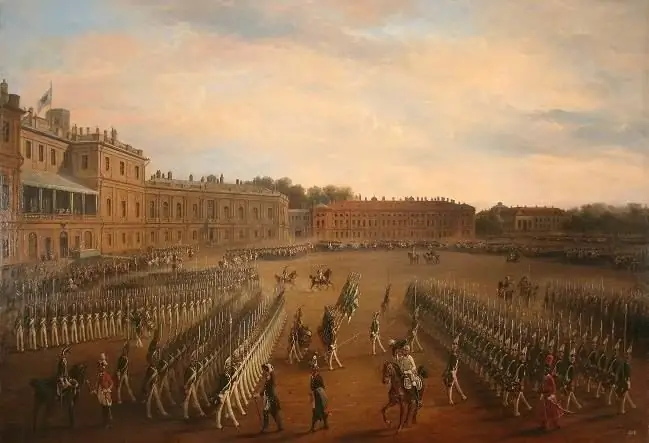
His childhood dream of chivalry will also come true! Back in 1764, the wonderful teacher of the future emperor, Semyon Poroshin, will tell the little heir about the Knights of Malta, which he was incredibly happy about - running around the room, imagining himself as a Maltese cavalier. It looks like a miracle, or "dreams come true" (not for everyone!), But in 1798 Paul was elected Grand Master of this very order … Unfortunately, victories that did not receive development - at the Mediterranean theater, in Italy and Switzerland, under the leadership of Suvorov and Ushakov. By the way, the Greeks of the Ionian Islands respect Admiral Ushakov very much, because he, in fact, helped to found the first Greek state of his own - the "Republic of the Seven Islands". A monument to Ushakov was erected on the island of Zakynthos in 2013. And you and I can enjoy the old domestic films "Suvorov" and "Ships storm the bastions"!
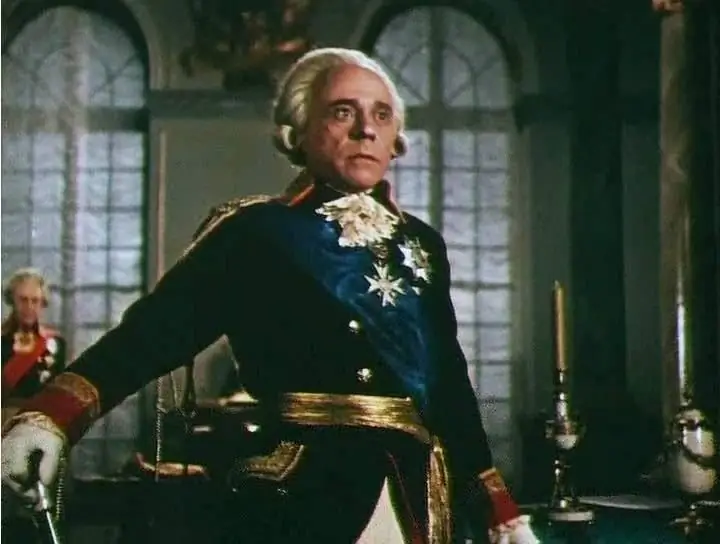
Summing up, we can say that the main problem of Paul in our history is that he was simply not loved from childhood in the way that it is worth loving a normal child. At first, his grandmother, Elizabeth, took control of his upbringing. Papa (a hemorrhoidal alcoholic Holsteiner, an accidental clown on the throne) did not care about him, and the most dear person for each of us, my mother, even ascended to the reign, was not particularly interested in him either. Apparently, she was busy with pressing state affairs … The author does not in the least belittle the merits of the empress! Under Catherine II, brilliant victories were won over the most dangerous eternal enemies - the Turks and Swedes, the borders of our state expanded; Crimea, the citadel of the Black Sea Fleet, was annexed. During her reign, many generals, politicians, writers, architects revealed their talents …
When Pavel grew up, brought up by Nikita Panin as a future ruler, he discovered an absolute discrepancy in his views on government with his mother. Yes, in principle, no one was going to give him the throne - there the mother herself, with her favorites and other confidants, wanted to rule. That is why he was left from any authority. Being in isolation for a long time, he considered his actions - what he would have done if he had become a sovereign … And he became a dangerous burden for the parent. In general, what happened is what happened!
Having received the long-awaited power, the emperor only exacerbated his difficult character. He became even more suspicious, and his quickness in thought and action took on the character of emotional outbursts. Paul did not tolerate objection. He believed that all his decrees should be meticulously executed. He could punish for any little thing, but he was extremely easy-going. If he felt wrong after a quarrel, he generously rewarded his opponent …
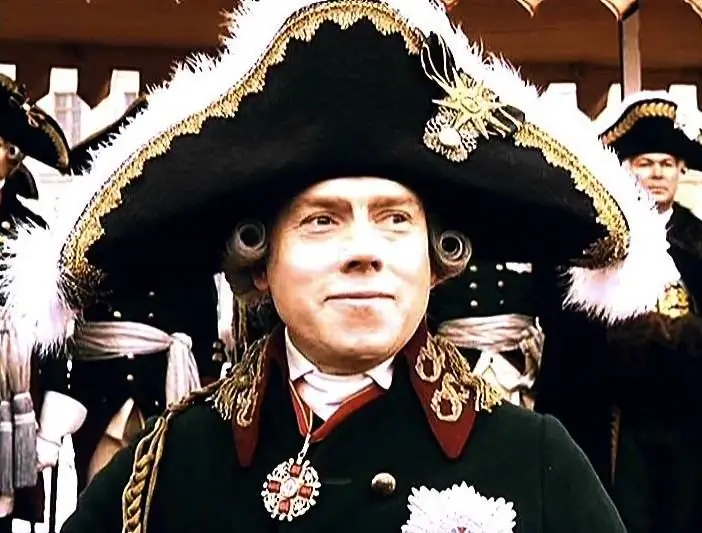
At the same time, the tsar did not have normal, loyal companions-in-arms. Kutaisov, Rostopchin are more like random people in our history! In general, the emperor, in his aspirations and ideas, remained “alone as a finger,” as the same hussar from the Little Russians explained. The only faithful person surrounded by the sovereign could be called Alexei Arakcheev, his comrade-in-arms in the Gatchina troops. But even with him, Pavel managed to quarrel and expel him from St. Petersburg! What he paid for. For only Arakcheev could have saved the emperor during the subsequent conspiracy - there were no other possible saviors on the horizon.
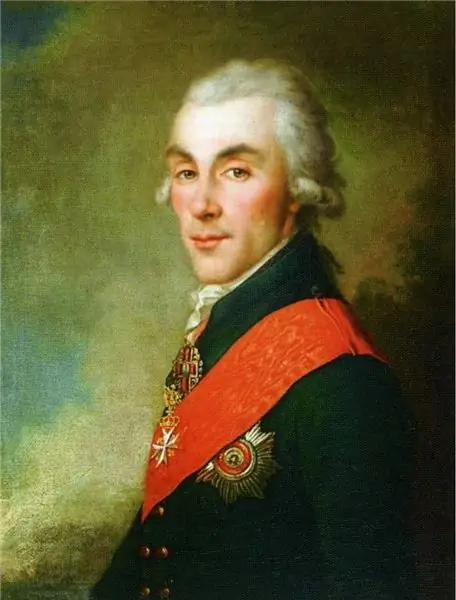
With his nagging, Paul will cause hatred among the overwhelming part of the nobles, for everyone was afraid of the manifestations of his character. At the same time, the emperor, at the end of his reign, will conclude an agreement with the first consul of France, Napoleon Bonaparte, on a joint campaign against the British-owned India. The interests of our nobility (even of Catherine's!) And the British colonialists will coincide. Ambassador Charles Whitworth will generously allocate money for the conspiracy, and the nephew of Pavel's educator - also Nikita Panin - will become one of the inspirers of the sovereign's assassins. Everyone will betray, including the heir frightened by his father … The man who called Pavel Petrovich to the throne - Nikolai Zubov - will inflict a fatal blow with a snuffbox on the terrible night of March 11-12, 1801!
Time passed, fragments of memories passed from mouth to mouth by the townsfolk turned into tales, and then they composed anecdotes. Unfortunately, a lot of this was included in the textbooks and even the speeches of the guides. The author of the article clearly remembers how in the early 1990s, as a teenager, a lady who was conducting a tour of Gatchina told him about a "famous case" when Pavel, who flared up at the parade, unhappy with the passage of a regiment, barked: "The whole regiment is in Siberia! ", And the regiment went there, until the king who came to his senses returned him from the march. But that was not the case! Why then retell such tales? But it is precisely those who are called to carry history to our masses, for our own education, who tell the story! I hope they don't say something like that now - and thank God …
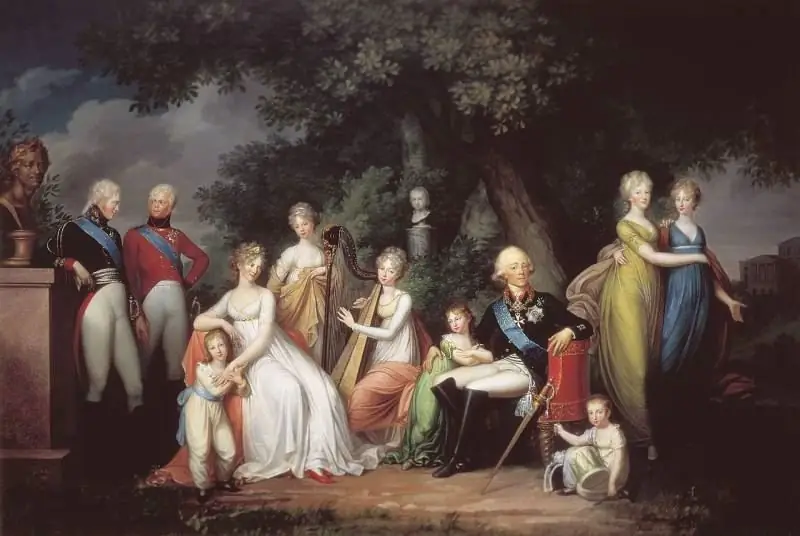
In general, Pavel Petrovich was who he was - neither good nor bad. All the problems of his personality must be sought in his own life path. Yes, the emperor over the long years of forced isolation has grown a lot with oddities … But at the same time, he is historically one of the most controversial and controversial Russian rulers. Without executing anyone, he intimidated the nobility into expressing genuine fear at his appearance. An explosive character was combined in him with quickness, suspicion - with generosity, toughness - with a high sense of chivalry, pedantry - with a subtle mind. Paul will be the last monarch of the 18th century - the personification of the same century that was leaving. He will become the last victim of the "era of palace coups", because his own son, Nikolai Pavlovich, reluctantly and far from the first time, will decide to disperse the "dissenting" guardsmen with grapeshot.
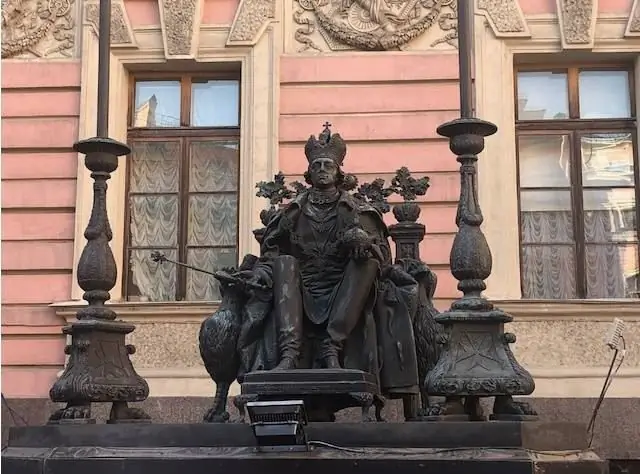
A repeated, just interest in Paul I, his life and deeds, arose in our society already in the 2000s, in the era of the Internet. People simply began to study hitherto unknown materials posted on the Internet for everyone - memoirs, memoirs, documents. For example, the author of the article reads with pleasure "Notes Serving the History of His Imperial Highness the Blessed Sovereign Tsarevich and Grand Duke Pavel Petrovich, Heir to the Russian Throne", written back in the 60s of the 18th century by the remarkable teacher of the heir, Semyon Andreevich Poroshin, but first published in 1844 at the Karl Kray Printing House in St. Petersburg. Despite the old-fashioned turns of speech and unusual letters for us, it is very easy to read! Knowledge is power!
Those who read something new to themselves began to express their opinions. Fairy tales and stories went away. But with all this, Emperor Paul I remained, perhaps, our most mysterious ruler. And, probably, the best definition of Tsar Pavel Petrovich was given by the ghost of his great-grandfather, Peter the Great. This very ghost, according to legend, once met Paul and said - "Poor, poor Paul!.."






